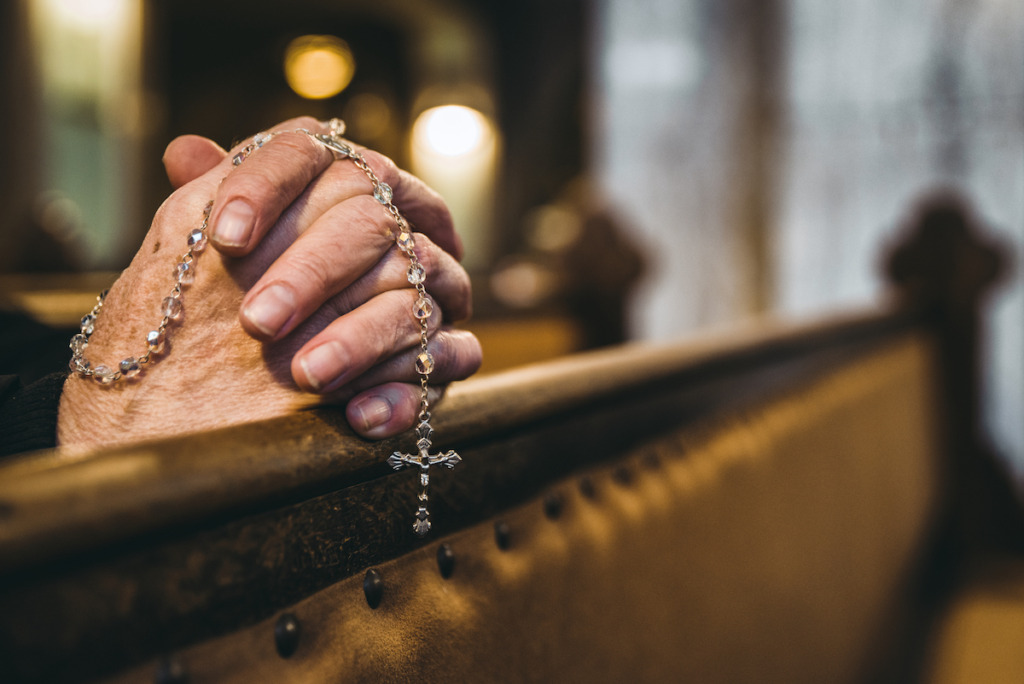One of the additional benefits we have in Lent this year is the universal Church’s focus on synodality — the process taking place worldwide leading up to the 2023 World Synod of Bishops.
There are parallels between Lent and the synod processes, and, at times, what we are attempting to accomplish during the season and the initiative intertwine.
Prayer, discernment, listening and action are elements of both Lent and synodality. In his reflection on synodality, Pope Francis notes that for the Church, the discernment process requires awareness of what is happening around us, choosing what to do about it and then acting on that choice. When this occurs in our parish listening sessions and among those to whom we have reached out, it manifests the journeying together that is at the core of this process.
However, before that can happen, each participant needs to reflect on their own sinfulness and their need for God’s grace, to put aside their selfishness and renew their desire to serve God and serve one another.
That is not unlike what we do during Lent when we pray, fast and give alms. In our discernment, we engage in what Pope Francis mentioned as self-accusation, examining our weakness with the intent of being more faithful to the Gospel. In doing that, we try to move away from only seeing other’s failures and the temptation to accuse everyone else of their faults, while neglecting to see our own.
It’s easy to get distracted with other’s faults, but when we do, we ignore or don’t pay attention to the faults that we carry. It’s what Jesus teaches when he admonishes us to remove the block from our own eye before removing the speck from someone else’s (Mt 7:1-5).
These accusations of others are what Pope Francis, in his book “Let Us Dream,” terms the actions of an “isolated conscience.” He notes that the antidote for this is for us to lose our pride, to “lower” ourselves to make room for the action of God to unite us.
Sinfulness leads to isolation and fracturing, separating us from the Spirit who is our advocate, who calls us and is a source of our union, our communion with one another.
All of us are sinners. When we are aware of our sin and we have empathy for others who struggle with the same weakness we have, we are better able to journey together toward holiness. In doing so, we support and assist one another on the path of discipleship rather than shame each other because of our weaknesses and failures.
As our diocese is immersed in the discernment process of the Spirit, it is healthy for us to enter into Lent with that same spirit of self-accusation rather than to seek out and highlight the faults of others. The only finger-pointing that should be part of discernment, whether it is during Lent or in our synodality, is that which we point at ourselves.
Whether it is for Lent or for the listening sessions in which we are engaged, we would do well to consider all or some of the questions Pope Francis raises in “Let Us Dream,” as he considers them important in discernment:
- What is the Spirit telling us?
- What is the grace offered here if we can only embrace it; and what are the obstacles and temptations?
- What humanizes, what dehumanizes us?
- Where is the good news hidden within the somber news, and where is the bad spirit dressed as the angel of light?
Our Holy Father states, “These are questions for those who humbly search and listen, who are willing not just to grasp answers, but to reflect and pray.”
May our Lent be a time for searching, listening, reflecting and praying.

